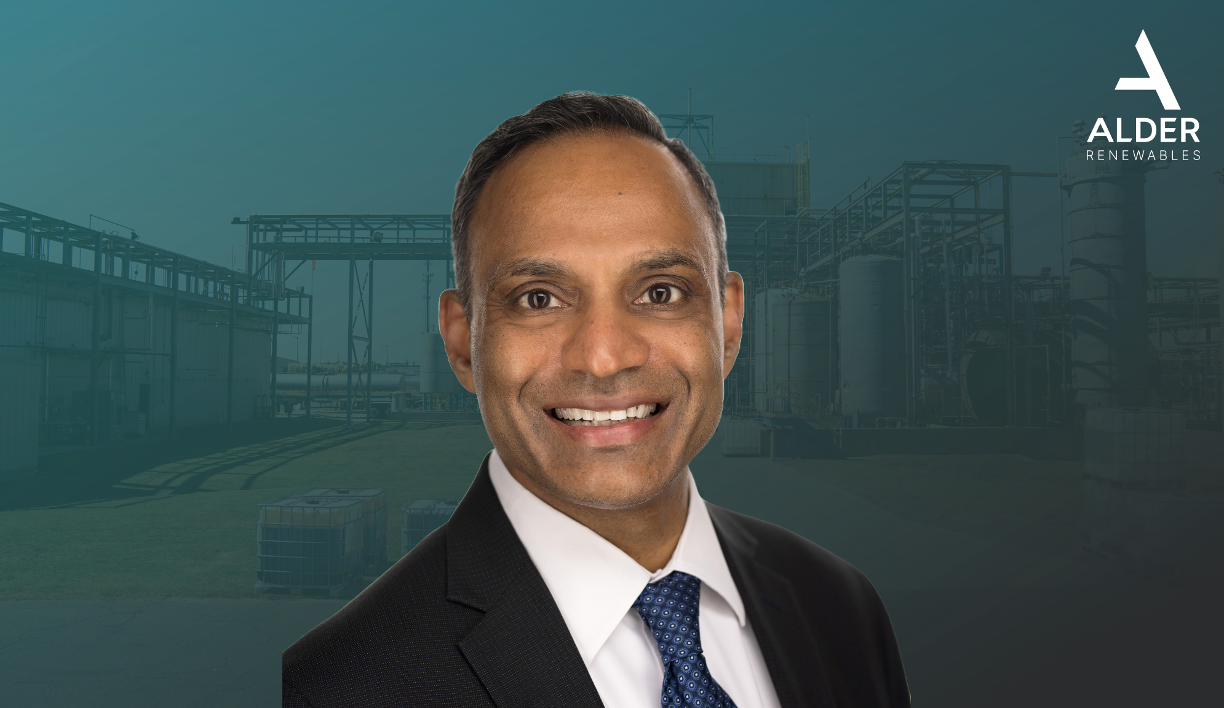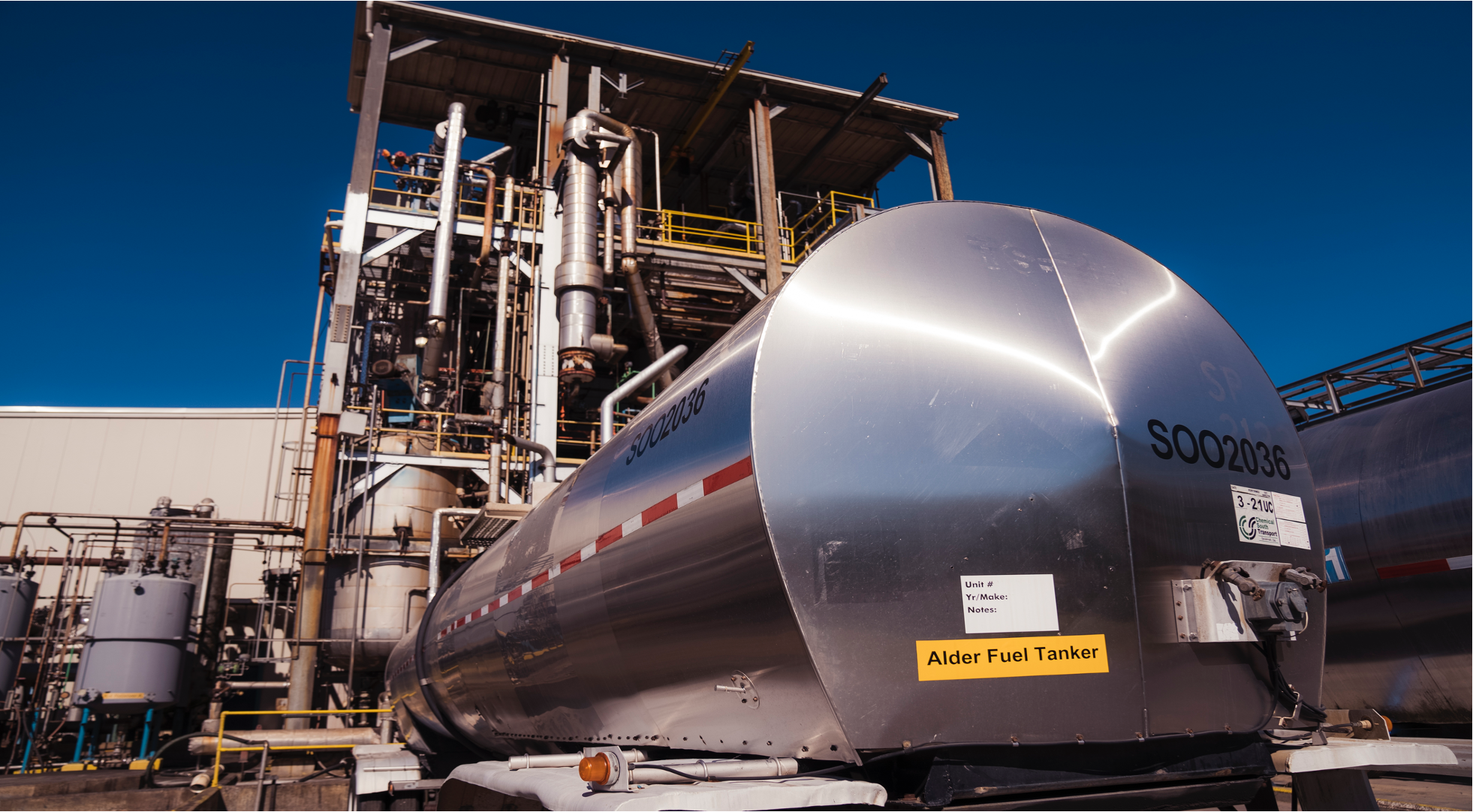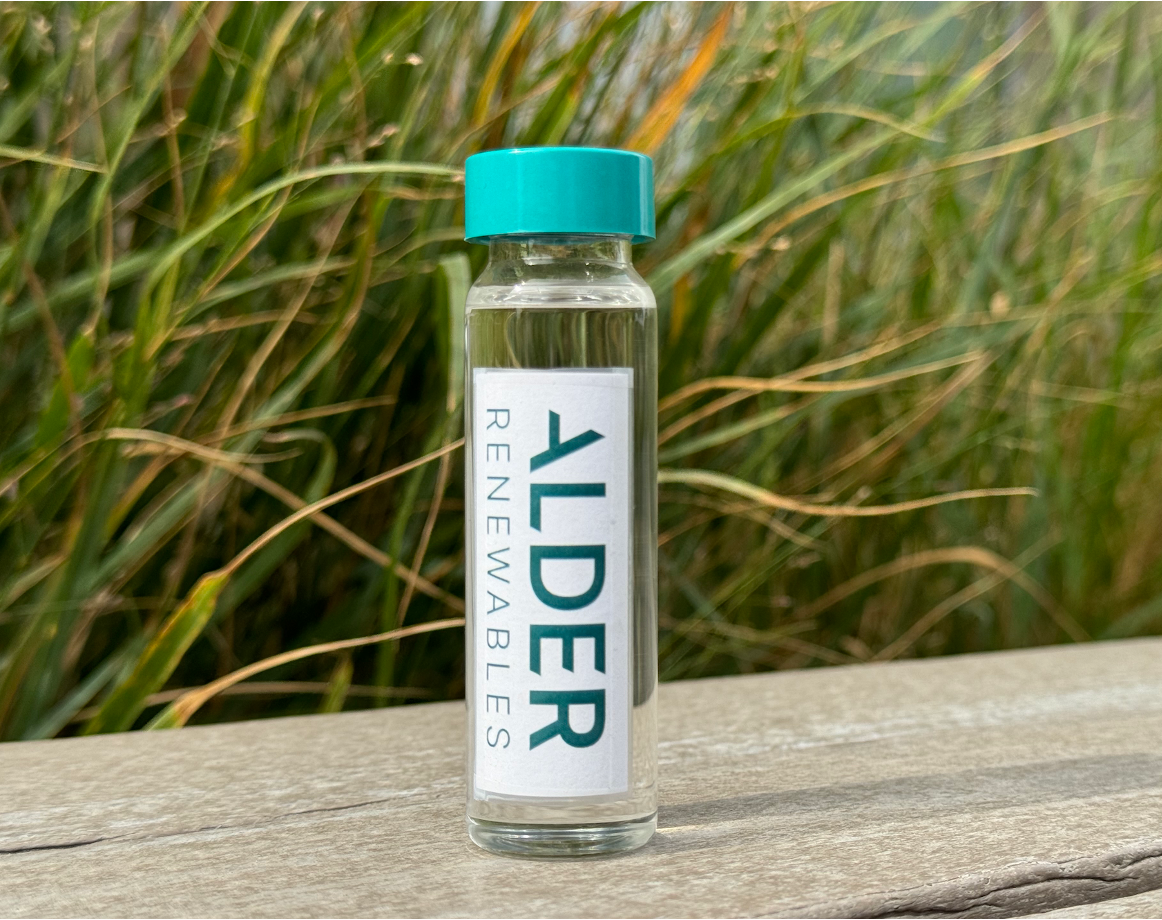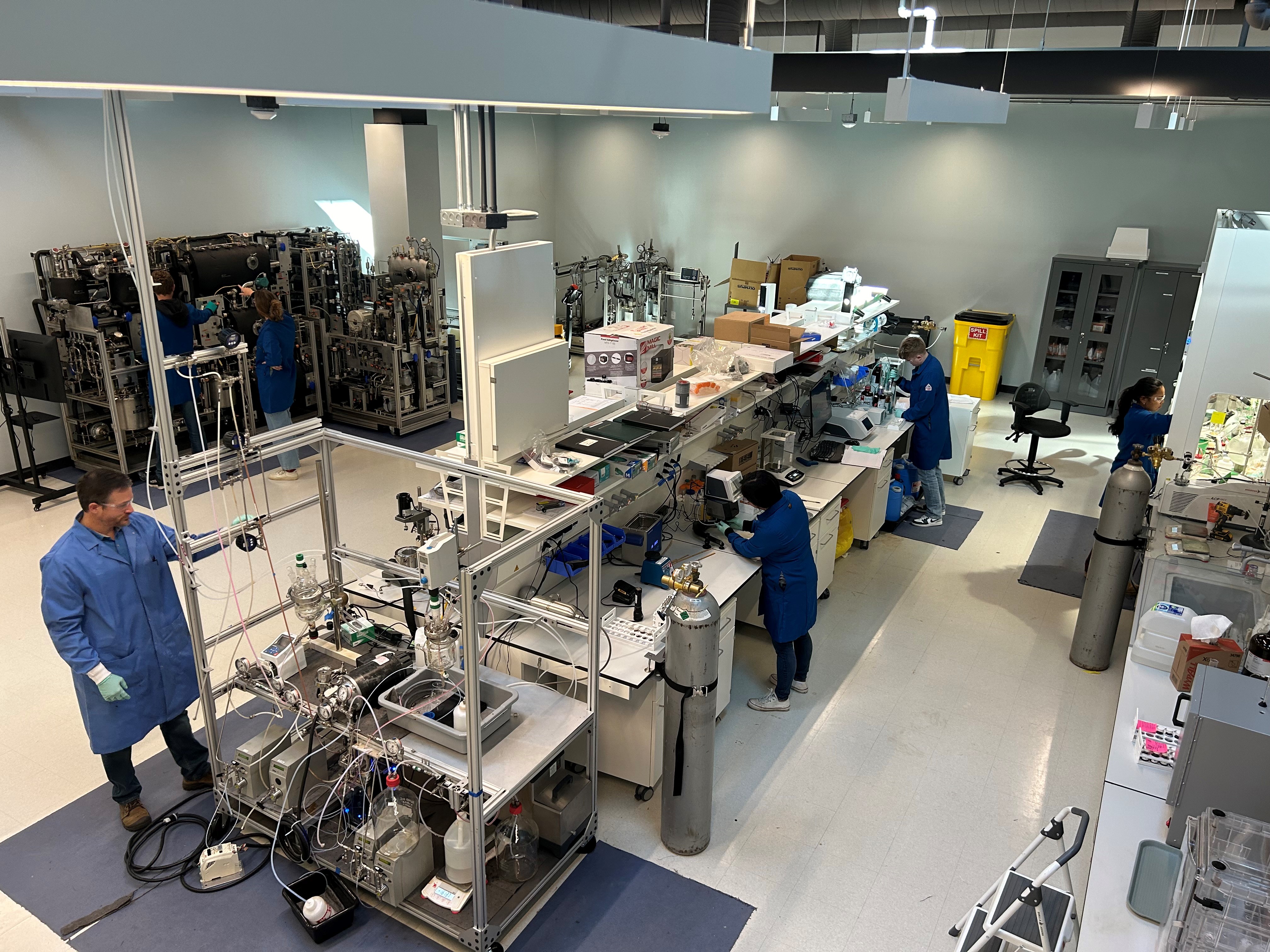Learn more about our latest activities to advance our technology towards commercialization


Neville Fernandes has joined Alder as President & Chief Operating Officer. He brings more than three decades of experience across renewable fuels, petroleum and chemical industries and is widely regarded for scaling innovative clean‑fuel businesses, developing new markets, and building relationships with investors, customers, suppliers, policymakers and stakeholders across the value chain.


With NREL and industry partners, Alder has demonstrated that Alder Renewable Crude (ARC) can be co-processed in a pilot Fluid Catalytic Cracking (FCC) unit to produce gasoline, jet, diesel, and marine fuels in high yield and high quality. The next steps under evaluation is commercial-scale FCC trials with industry partners, paving the way for rapid deployment of low-carbon fuels using existing refinery infrastructure.


Through a Joint Development Agreement with Quadrise, Alder is demonstrating Alder Pyrolytic Sugars (APS) as a renewable feedstock for advanced marine fuels. By combining our biomass conversion technology with Quadrise’s bioMSAR™ platform, the collaboration aims to deliver a scalable and cost-effective pathway to decarbonize the shipping industry—one of the hardest sectors to abate.


Together with Boeing and Bioénergie AE Côte-Nord, we are launching Project Avance to produce SAF from sawmill residues in Port-Cartier, Québec. Boeing is investing CAD $10 million in the project as part of its Industrial and Technological Benefits commitment to Canada. The project will use Alder’s technology to produce Alder Renewable Crude (ARC) for hydrotreating into SAF and other hydrocarbon fuels.


In partnership with the University of Illinois and AGgrow Tech, we produced Alder SAF100 using Alder Renewable Crude (ARC) derived from miscanthus. This purpose-grown perennial feedstock enables carbon-negative jet fuel that outperforms conventional SAF. Miscanthus cultivation enriches soils, boosts carbon storage, and reduces fertilizer needs, positioning it as a powerful regenerative agriculture feedstock for scaling SAF.


The new Alder Lab in Colorado marks a major company milestone in the company's growth. As the hub for R&D, it features state-of-the-art analytical instruments, pilot-scale test systems, and collaborative spaces. This facility accelerates Alder Renewable Crude (ARC) and Alder Pyrolytic Sugars (APS) development, generates new intellectual property, and drives innovation – all accelerating our path towards commercialization.


The creation of Alder SAF100 produces a 100% sustainable jet fuel by blending hydrotreated Alder Renewable Crude (ARC) with smaller volumes of HEFA-SAF. Fully biogenic, it delivers higher energy density, improved low-temperature performance, and cleaner combustion. This underscores the potential of Alder’s ARC platform to enable refiners to scale next-generation SAF from biomass and support aviation’s decarbonization goals.